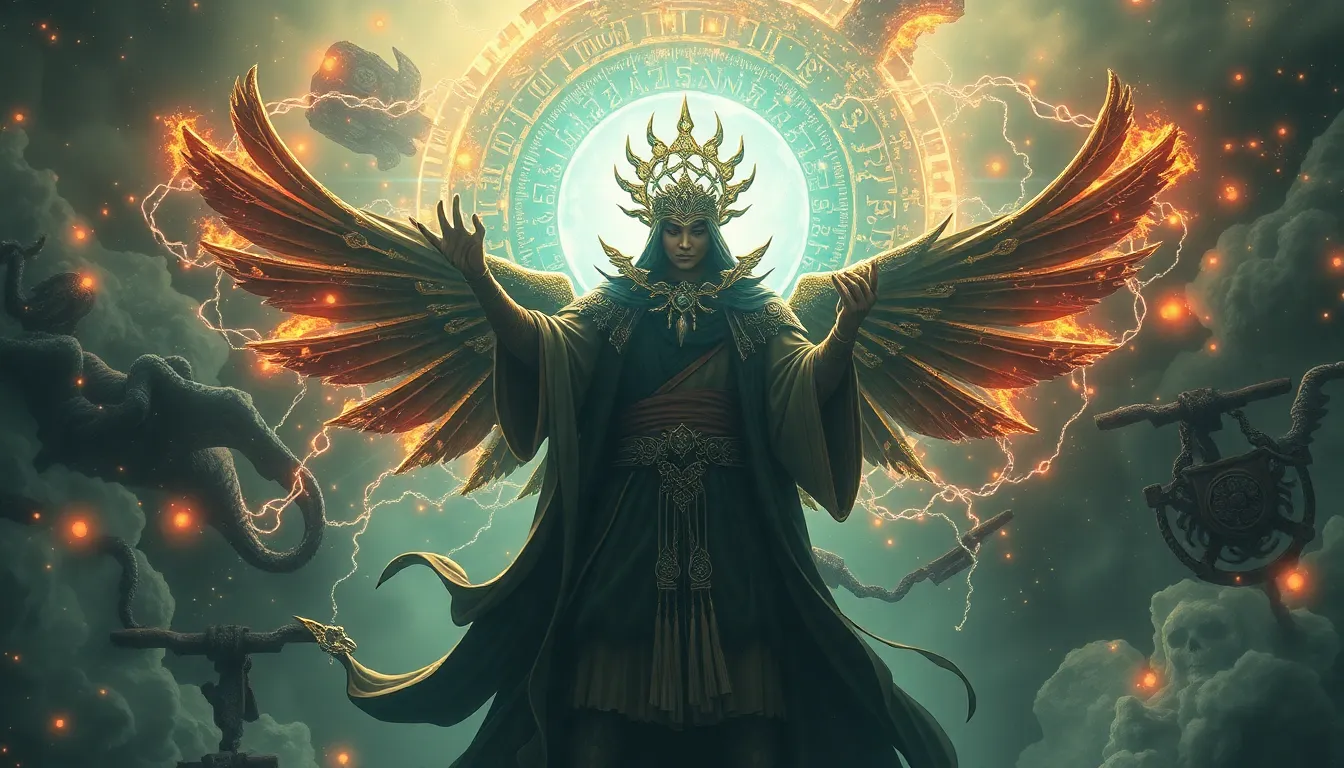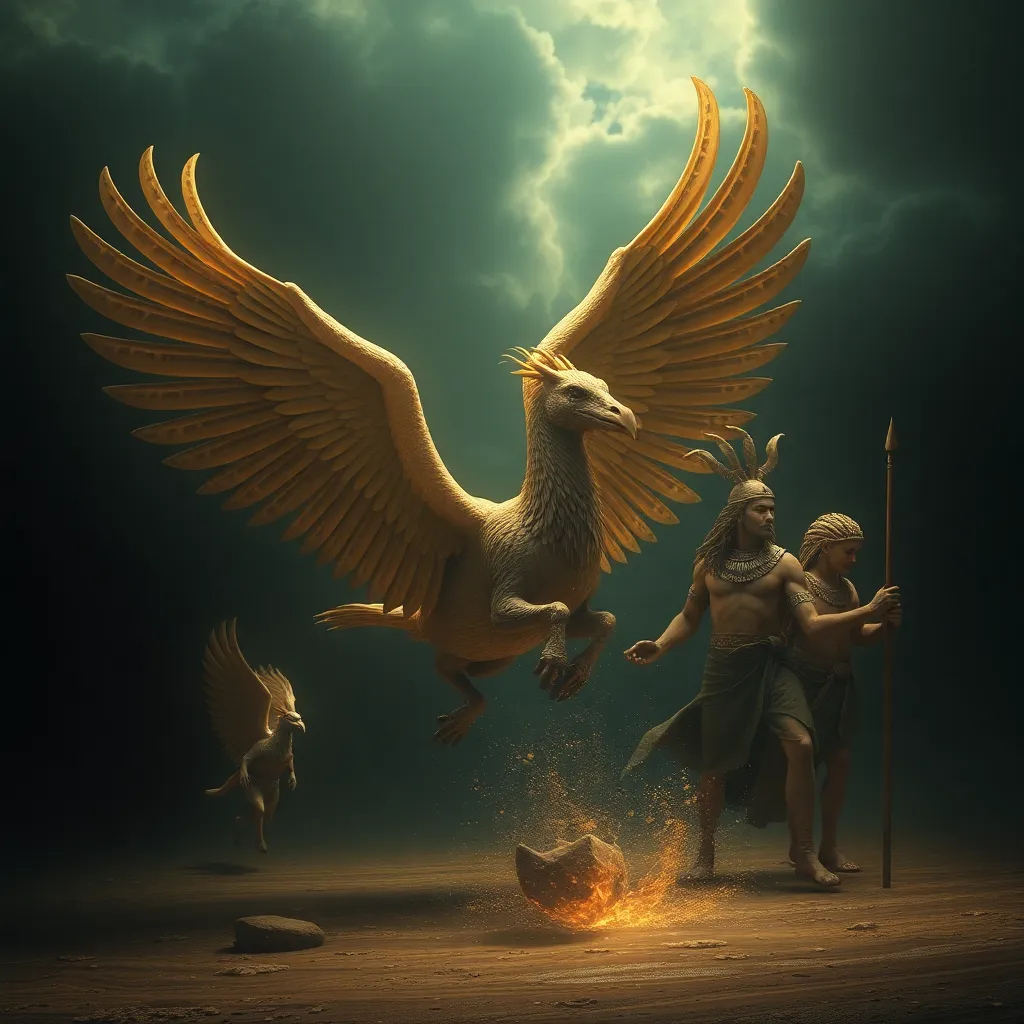Cultural Heroes: The Legends That Inspire Progress
I. Introduction
Cultural heroes are individuals who embody the values, aspirations, and ideals of a society. They inspire people through their actions, sacrifices, and contributions to humanity. These figures often emerge during pivotal moments in history, serving as symbols of hope and progress.
The importance of cultural heroes cannot be overstated; they shape our identity, influence our beliefs, and motivate us to strive for a better future. This article will explore the historical context of cultural heroes, their characteristics, their role across various cultures, their impact on social movements, and their representation in media. We will also examine the psychological effects of hero worship and the challenges faced by modern-day heroes.
II. Historical Context of Cultural Heroes
The concept of cultural heroes has evolved significantly over time, shaped by the values and challenges of different civilizations. In ancient societies, heroes often took the form of mythological figures or legendary leaders, such as:
- Socrates: The ancient Greek philosopher who emphasized the importance of ethics and questioning authority.
- Confucius: The Chinese philosopher who promoted moral integrity and social harmony.
These figures reflect how cultural heroes are often products of their historical context, addressing the unique challenges and aspirations of their time. Their legacies continue to influence contemporary conversations about morality, governance, and social justice.
III. Characteristics of Cultural Heroes
Cultural heroes share several common traits that define their impact on society:
- Bravery: They often face adversity and take risks for the greater good.
- Vision: They see beyond the present and work towards a better future.
- Empathy: They connect with others on a human level, often advocating for the marginalized.
Personal sacrifice and dedication to a cause are hallmarks of true heroism. Cultural heroes reflect societal values and aspirations, inspiring individuals to achieve greatness and strive for change.
IV. Cultural Heroes Across Different Cultures
Throughout history, various cultures have celebrated their own heroes who exemplify the values of their societies. For example:
- Mahatma Gandhi: A prominent figure in India’s fight for independence through nonviolent resistance.
- Nelson Mandela: A symbol of the struggle against apartheid in South Africa, advocating for equality and justice.
Local heroes in indigenous cultures often play vital roles in preserving traditions and promoting social cohesion. Cross-cultural comparisons reveal both unique and shared aspects of heroism, highlighting the universal desire for justice and progress.
V. The Role of Cultural Heroes in Social Movements
Cultural heroes are often at the forefront of social movements, inspiring change and mobilizing communities. Their stories resonate with individuals, fostering solidarity and action. Notable examples of heroes in modern social movements include:
- Malala Yousafzai: An advocate for girls’ education and the youngest Nobel Prize laureate.
- Greta Thunberg: A climate activist known for her passionate advocacy for environmental sustainability.
Their narratives have a profound impact on public perception, challenging societal norms and encouraging collective action toward important causes.
VI. The Influence of Media on Cultural Heroes
The representation of cultural heroes in literature, film, and art plays a crucial role in shaping cultural narratives. Storytelling has the power to elevate heroes, making their struggles relatable and inspiring. However, this representation can be a double-edged sword:
- Glorification: Media can create larger-than-life portrayals that may overshadow the complexities of their lives.
- Critical Examination: Conversely, media can also scrutinize heroes, revealing flaws and challenging the idealized versions of them.
Understanding the nuances of these representations is essential for a balanced view of heroism.
VII. The Psychological Impact of Cultural Heroes
Cultural heroes play a significant role in personal identity and motivation. They serve as role models, inspiring individuals to pursue their dreams and overcome obstacles. Psychological theories related to hero worship suggest that:
- Admiring heroes can boost self-esteem and provide a sense of purpose.
- However, unrealistic expectations of heroism can lead to disappointment and disillusionment.
Finding a balance between inspiration and realistic aspirations is crucial for a healthy relationship with cultural heroes.
VIII. Modern-Day Cultural Heroes and Their Challenges
The definition of heroism continues to evolve in contemporary society, influenced by changing values and challenges. Modern cultural heroes face numerous obstacles:
- Scrutiny: Public figures are often under intense scrutiny, making it difficult to maintain their image.
- Backlash: Heroes advocating for change may face significant opposition from established interests.
Authenticity and relatability are increasingly important for modern heroes. People are drawn to those who remain grounded and committed to their values, despite challenges.
IX. Future of Cultural Heroes
Emerging technologies, particularly social media, are redefining heroism. New platforms allow individuals to share their stories and mobilize support for various causes. Potential new heroes may include:
- Activists championing social justice issues.
- Innovators addressing climate change and sustainability.
The ongoing relevance of cultural heroes in a globalized world underscores the need for individuals who can unite diverse populations around common goals.
X. Conclusion
Cultural heroes have the power to inspire, motivate, and lead societies toward progress. They embody the values and aspirations of their communities, serving as symbols of hope and change. As we navigate the complexities of modern life, the lessons from historical and contemporary heroes remain vital. Understanding their impact, challenges, and the narratives shaped around them allows us to appreciate their contributions and strive to be heroes in our own right.



